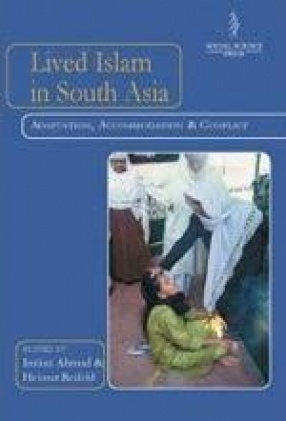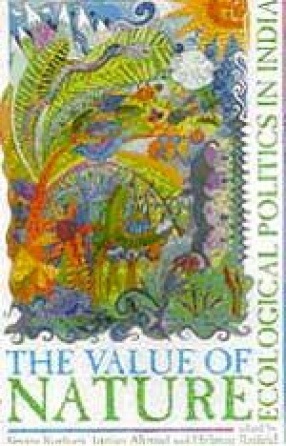
Helmut Reifeld

Showing all 8 books

Despite widening awareness about the adverse effects of human activity on our natural environment, there are multiple perceptions of what needs to be urgently attended to and by whom. Whose reference point defines the value of nature? For a vast majority of Indians, nature continues to be the source of life, it provides subsistence and meaning, and it contributes to their self-definition of who they are. It is also brutish and unpredictable, often bringing ...
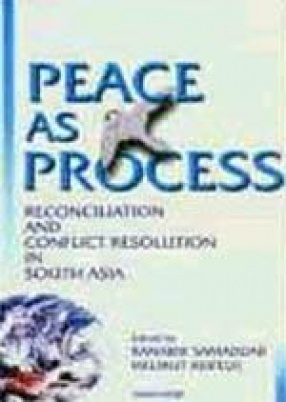
Peace as a political value is the fundamental strain of this book. As the book argues through its essays, peace studies originate not only from desire, concern and care, but also from a critical perspective that interrogates all received ideas and actions about conflict and war. Such a critical perspective stems from three principles. First, it is informed by an awareness of human rights and justice. Second, it concerns itself with effecting changes in ...

Both family and gender are topics that have been discussed and debated at length. However, in recent years there has been a growing recognition that the two need to be studied together in order to understand their interdependence. Keeping this in mind, the contributors to this volume concentrate on four major propositions: In the same way that gender cannot be culled directly from the biological sex, the concept of family does not follow ‘naturally’ from the ...

Thirteen extremely interesting essays discuss what constitute the middle classes, and distinguish their values and way of life in France, Germany and India.
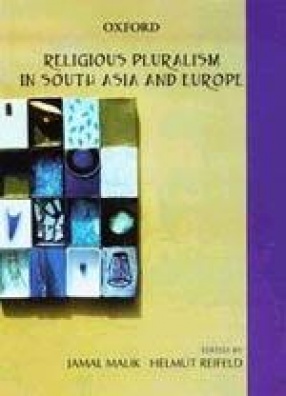
Until the early-1970s, there was a significant lack of interest in religion among scientists of all disciplines. Scholars, including those engaged in the study of religion, were convinced that religion would disappear from history as well as the public sphere to become a purely private matter. Against all predictions, however, religion has returned very much to the public domain. Alarmingly though, the relationship between different religions in a shared social ...
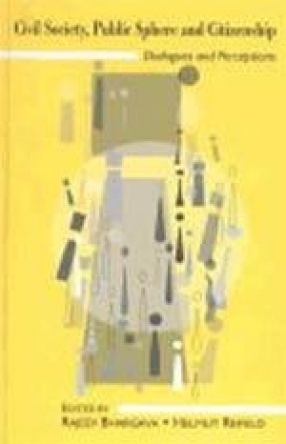
In recent times, our understanding of state and society has been considerably enriched by the introduction of a framework that draws upon a set of nuanced distinctions between civil society, political society and public sphere, and which has had a profound impact on the way we understand ideas of nationhood and citizenship. The original, exploratory essays brought together in this volume work within this framework without accepting it uncritically. The ...
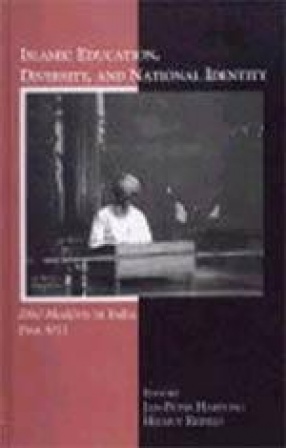
For many centuries, Muslim religious educational institutions (known as dini madaris) have held an important position among educational institutions in the Indian subcontinent. However, after the 9/11 attacks in the USA and the subsequent declaration of the global 'war on terrorism', allegations against these institutions--about their being breeding ground for Muslim fundamentalists and terrorists--have dominated India's media. The debates about these educational ...
